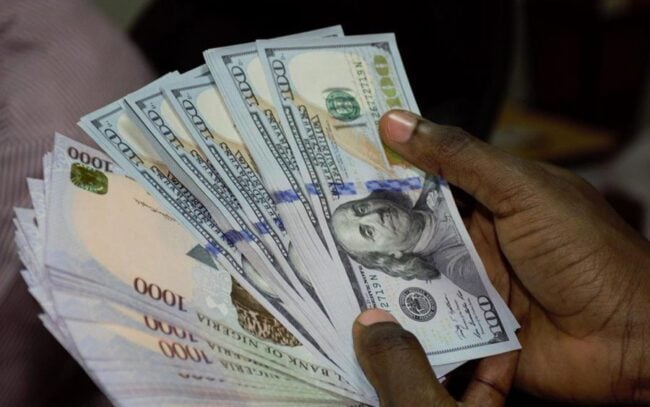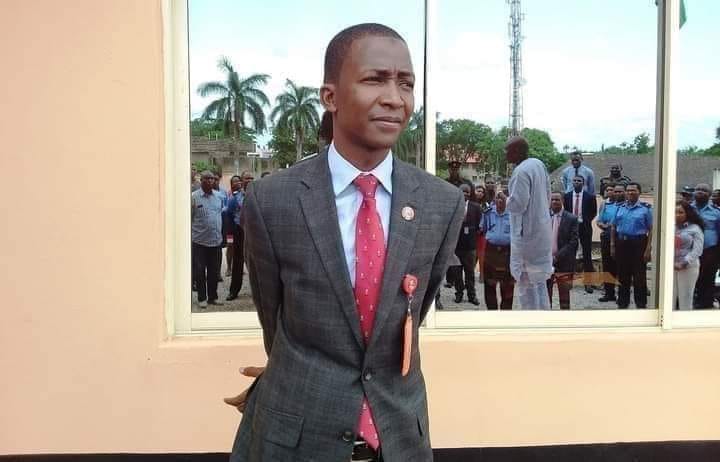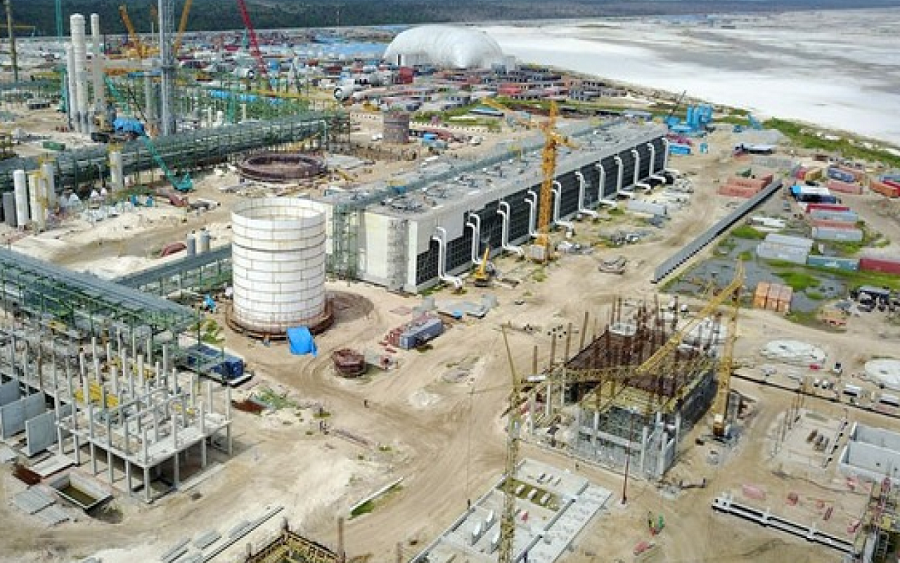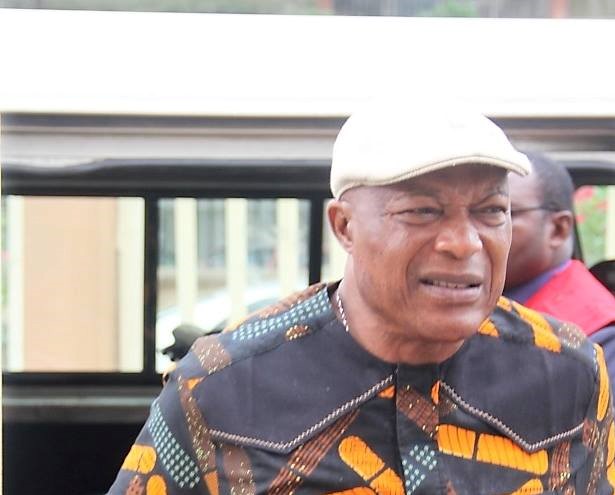Zainab Ahmed, minister of finance, budget and national planning, says unifying the exchange rate will not occur overnight.
She was speaking during the maiden edition of state house briefing at the presidential villa, Abuja.
Ahmed said the federal government could not conclude loan negotiations with World Bank as the lender persisted that necessary requirements relating to having a single exchange rate has not been sufficiently addressed.
“We started negotiation with the World Bank with the list of about 10 requirements that we needed to address and we had addressed those 10 requirements but the World Bank position is that we have not sufficiently addressed the requirements relating to having a single exchange rate.
Advertisement
“So, we feel we have met that requirement but the World Bank is saying that we have to close that gap between the black market and NAFEX window.
“Our point is, that is not what you do over night. It’s not that you wake up and make a pronouncement and that happens.
“It’s something that you have to do over time taking several measures and working systematically for it to happen.
Advertisement
“So, we are still pushing our view with the World Bank and we hope to convince them that all requirement has been met and that they should now give us approval to go ahead and release the $1.5 billion that we have been discussing.”
Ahmed also said the federal government has to borrow in order to build major infrastructure projects so as to increase revenue.
“The problem we have is that of revenue. So, what we need to do is to increase revenue to be able to enhance our debt to gross domestic product (GDP) obligation capacity.
“If we say we will not borrow and therefore not build rails and major infrastructure until our revenue rises enough, then, we will regress as a country.
Advertisement
“We will be left behind, we won’t be able to improve our business environment and our economy will not grow.
“Our assessment is that we need to borrow to build our major infrastructure. We just need to make sure that when we borrow, we are applying the borrowing to specific major infrastructure that will enhance the business environment in this country.”
Also, Patience Oniha, director-general of Deby Management Office (DMO), said as of Thursday, Nigeria’s external debt is about $31 billion.
“Out of that, the loans from China is N3.2 trillion, just about 10 percent of the total. So the first point is to say it is not as large or as huge as it’s been assumed,” Oniha said.
Advertisement
“They are also concessional, so there are long term and the pricing is cheap, if I may use that word, then you can see the infrastructure that it has financed, which the minister of finance has alluded to. So we’re looking for capital spending and those loans supporting it.”
Advertisement
Add a comment






